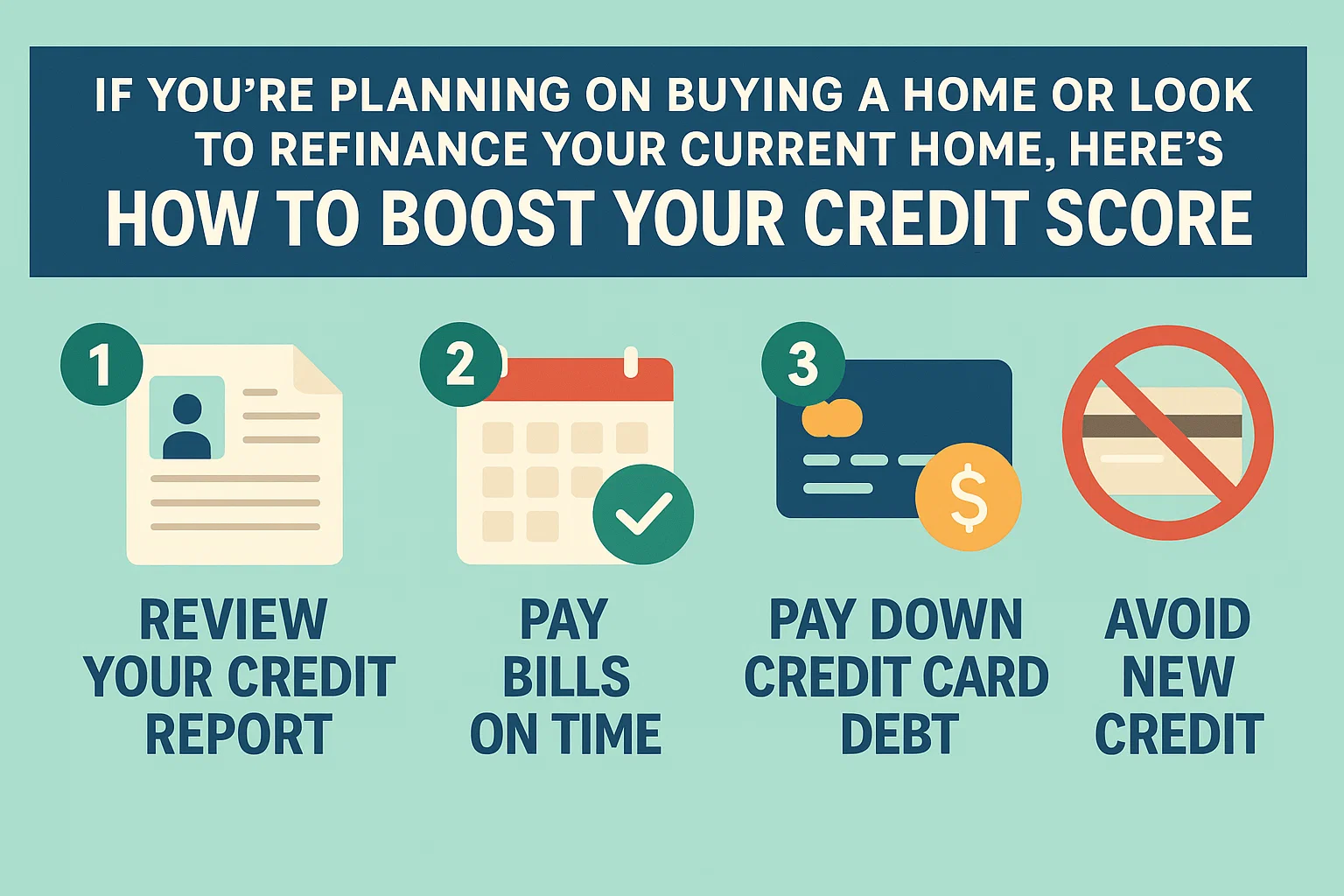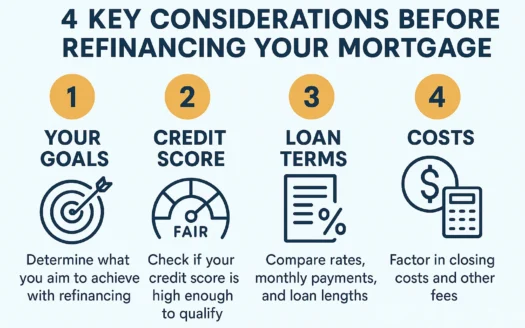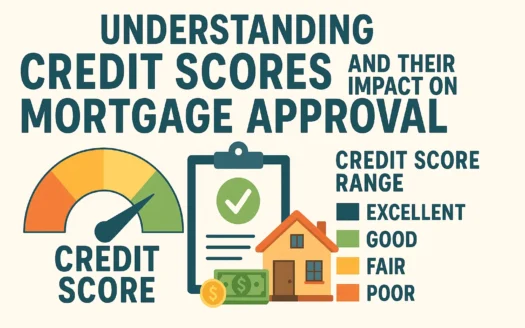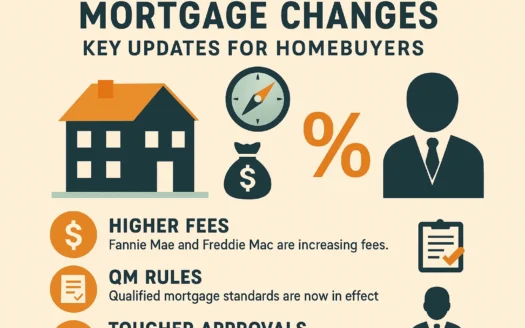If You’re Planning on Buying a Home or Looking to Refinance Your Current Home, Here’s How to Boost Your Credit Score

If You’re Planning on Buying a Home or Looking to Refinance Your Current Home, Here’s How to Boost Your Credit Score
To obtain a mortgage, you need a solid credit score — but rising interest rates and high student loan debt have increased financial anxiety for many. Millennials face unique challenges, with a median credit score of 640 (compared to Gen Xers at 680 and baby boomers at 728), according to The Urban Institute. For those with lower scores, adjustable-rate mortgages may offer a path to homeownership, but improving your credit score remains critical. Below are eight actionable steps to help raise your creditworthiness:
1. Check Your Credit Report
Review your credit report from Equifax, TransUnion, and Experian to identify areas for improvement. Lenders use your median score from these bureaus to evaluate loan applications. Access free annual reports at AnnualCreditReport.com.
2. Figure Out Your FICO Score
Your FICO score (used by 90% of lenders) determines loan eligibility and interest rates. Scores of 720+ qualify for the best rates. Use Experian’s three-in-one report or VantageScore’s consumer credit report for detailed analysis.
3. Don’t Take Too Long Shopping for Rates
Limit mortgage rate comparisons to a 14–45 day window to avoid multiple credit inquiries lowering your score. Focused searches or preapprovals minimize negative impacts on older FICO algorithms.
4. Stay On Target With All Payments
Payment history impacts 35% of your FICO score. Pay bills on time, reduce credit card balances to lower utilization ratios (30% of your score), and delay applications if recent late payments occur.
5. Dispute Negative Credit Accounts
Challenge errors like incorrect late payments or collections with credit bureaus. Successful disputes remove inaccuracies and improve loan approval odds.
6. Say No to New Debt
Avoid new credit applications (e.g., car loans) during mortgage processes. Hard inquiries from lenders can lower scores, while soft inquiries (e.g., prequalified offers) do not.
7. Keep Your Old Accounts
Maintain older credit cards — even unused ones. Account age contributes 15% of your FICO score, demonstrating long-term financial stability.
8. Save With Purpose
Build a 6-month emergency fund before securing a mortgage. This reduces reliance on credit post-approval and safeguards your score for future loans.
Final Tip: Consistency is key. Improving your credit score takes time, but these steps can help you secure better mortgage terms and achieve homeownership goals.




